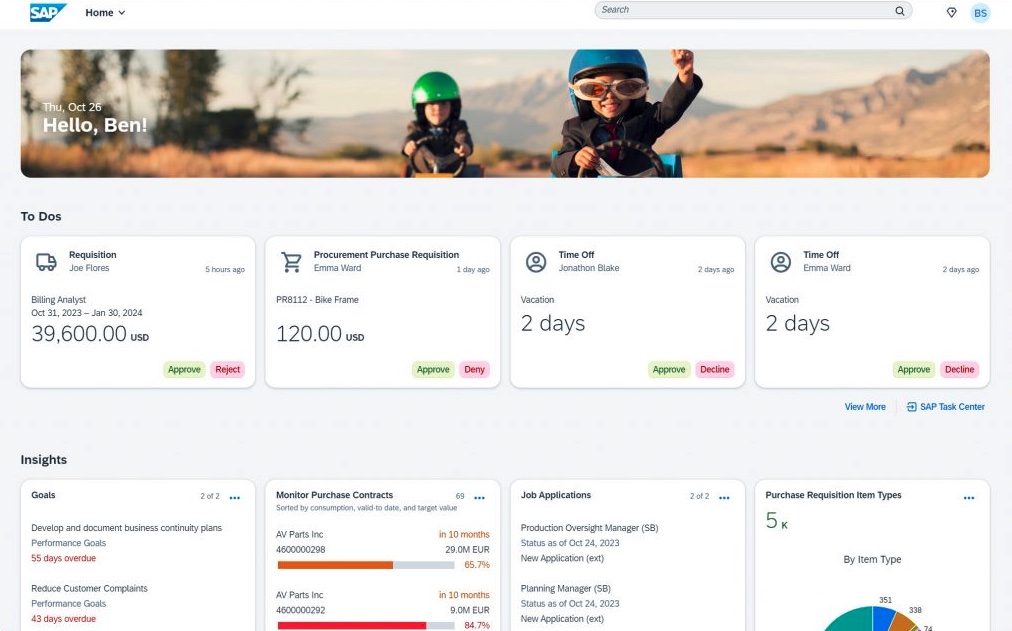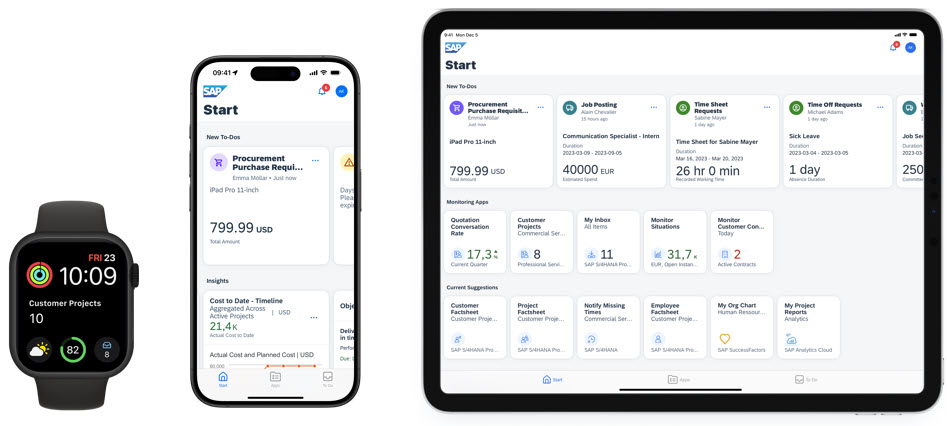Introduction to SAP Start
SAP Start, a product by the globally recognized software giant SAP, has emerged as a powerful tool to address these challenges. This article provides an in-depth examination of SAP Start, delving into its features, benefits, and how it aids businesses in embarking on a successful digital transformation.
Understanding SAP Start
SAP Start is a comprehensive suite of tools and services designed to expedite and simplify the digital transformation process for businesses. It is part of the SAP Business Technology Platform (SAP BTP), which provides a flexible and integrated environment for developing, extending, and running applications. SAP Start encompasses a range of features and capabilities that help organizations streamline their operations, reduce costs, and enhance agility.

Key Features of SAP Start
Integration Capabilities: SAP Start offers a broad range of pre-built connectors and APIs, enabling seamless integration with various data sources, applications, and third-party solutions. This empowers organizations to leverage existing technologies while transitioning to newer, more efficient systems.
Low-Code and No-Code Development: SAP Start simplifies application development with low-code and no-code tools. This allows users with varying levels of technical expertise to create applications and automate business processes without extensive coding knowledge.
Analytics and Business Intelligence: The product provides advanced analytics and business intelligence tools, allowing organizations to gain actionable insights from their data. This facilitates data-driven decision-making, which is crucial in today’s competitive business landscape.
Cloud-Native Development: SAP Start supports cloud-native development, enabling organizations to build and deploy applications in cloud environments like SAP Cloud Platform. This enhances scalability and flexibility while reducing infrastructure costs.
Security and Compliance: Security is a top priority in today’s digital world. SAP Start includes robust security features and ensures compliance with industry regulations. It offers tools for identity and access management, data encryption, and audit trails to safeguard sensitive information.
Benefits of SAP Start
Accelerated Digital Transformation: SAP Start streamlines the process of digital transformation by providing the tools and infrastructure required for building and deploying applications quickly. This results in faster time-to-market and a competitive edge for businesses.
Cost-Efficiency: The platform’s low-code and no-code capabilities reduce the development and maintenance costs associated with custom applications. Organizations can maximize their IT budgets and reallocate resources to other strategic initiatives.
Enhanced Customer Experience: With advanced analytics and integration capabilities, SAP Start enables businesses to gather and analyze customer data, providing insights that lead to improved customer experiences. Personalization and data-driven decision-making become achievable, leading to increased customer satisfaction and loyalty.
Scalability and Flexibility: SAP Start’s cloud-native approach ensures that businesses can easily scale their applications as their needs evolve. This flexibility is invaluable in adapting to changing market conditions and accommodating growth.
Simplified Compliance: Regulatory compliance can be a significant challenge, especially in industries with strict regulations. SAP Start’s built-in security and compliance features help organizations adhere to industry-specific rules and avoid potential legal issues.

Use Cases for SAP Start
Retail: Retailers can use SAP Start to create customized, user-friendly e-commerce platforms, analyze customer buying patterns, and optimize supply chain management.
Manufacturing: Manufacturers can improve production processes, monitor equipment health, and reduce downtime by creating IoT-enabled applications using SAP Start.
Finance: Financial institutions can develop secure, real-time transaction processing systems, implement anti-fraud measures, and enhance customer service through data-driven insights.
Healthcare: Healthcare organizations can leverage SAP Start to enhance patient care with applications for telehealth, electronic health records, and predictive analytics for disease prevention.
Logistics: Logistics companies can create applications for real-time shipment tracking, inventory management, and route optimization, resulting in more efficient operations and cost savings.
Conclusion
SAP Start represents a transformative solution that empowers organizations to navigate the complexities of the digital age successfully. With its wide array of features and benefits, businesses can streamline operations, reduce costs, and enhance customer experiences. By using SAP Start, companies are better positioned to adapt to changing market conditions and seize new opportunities, ultimately achieving a competitive edge in their respective industries. As digital transformation continues to be a defining element of modern business, SAP Start is poised to play a crucial role in shaping the future of enterprise technology.
